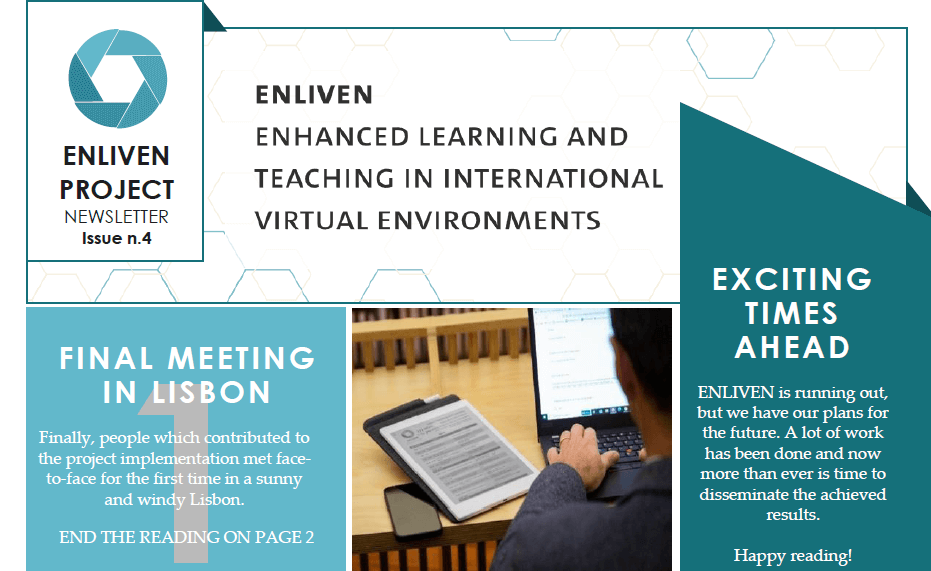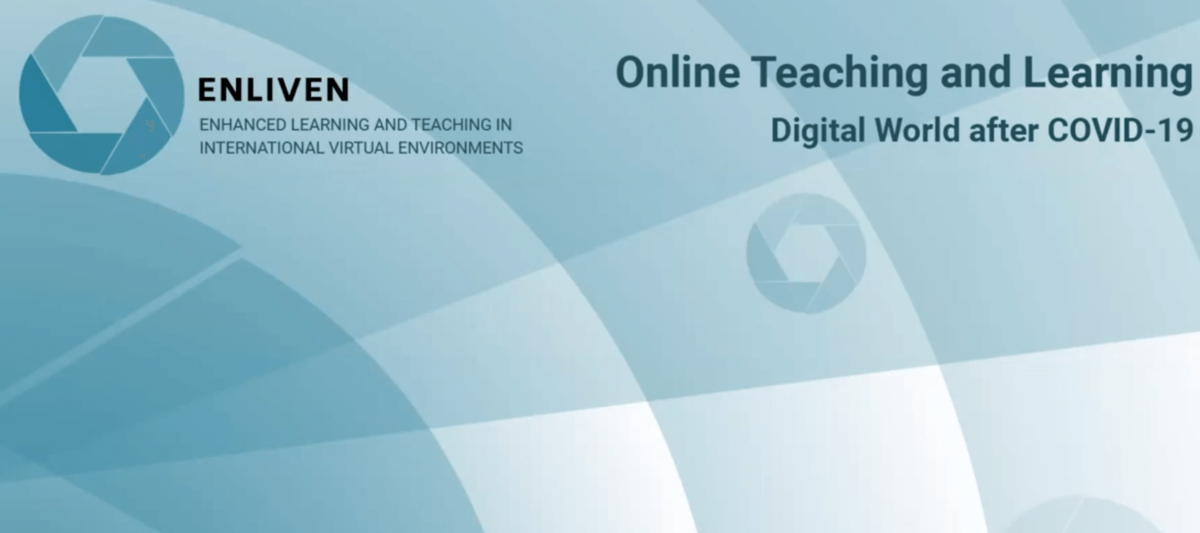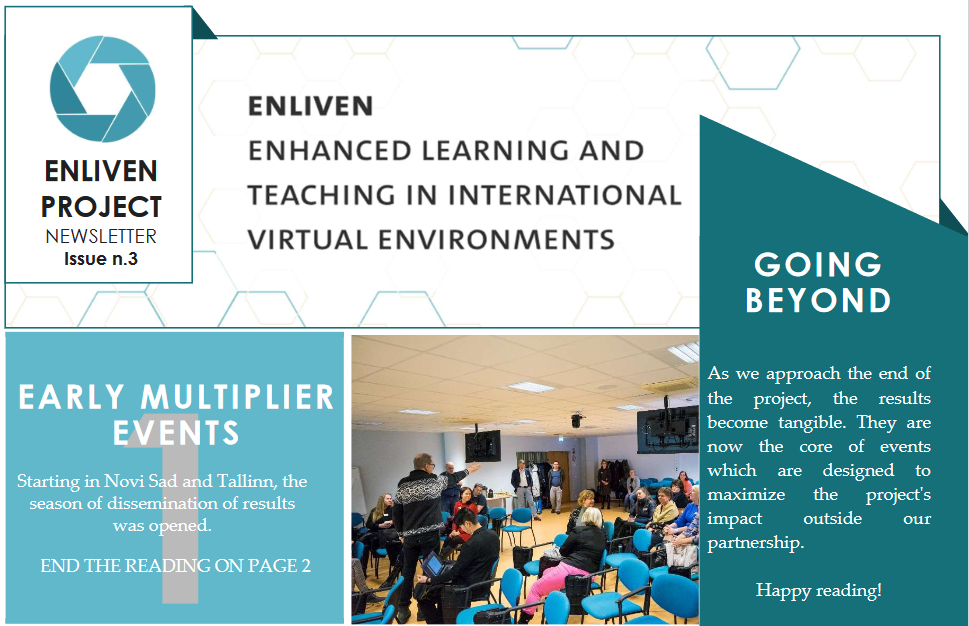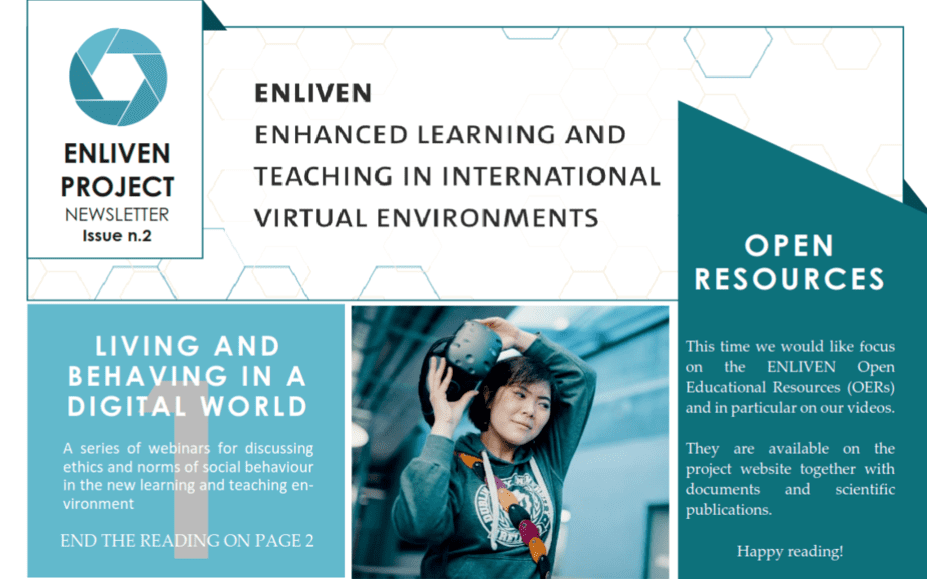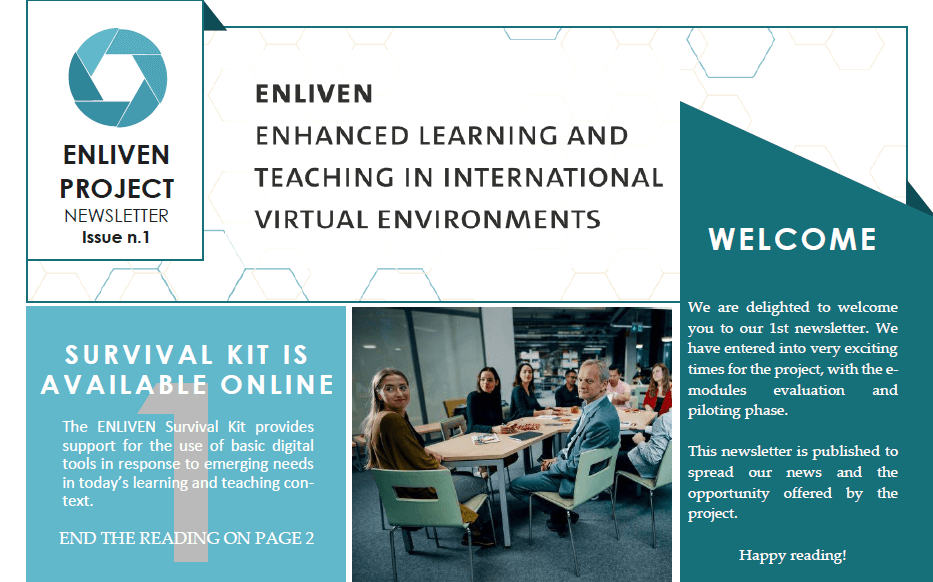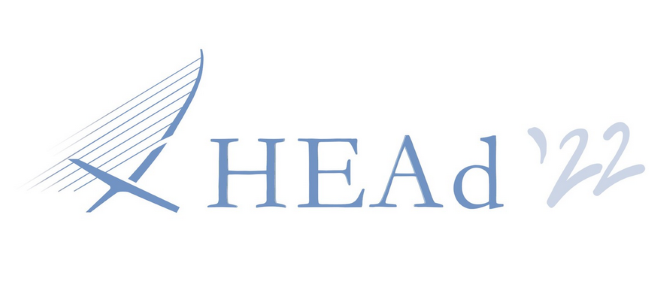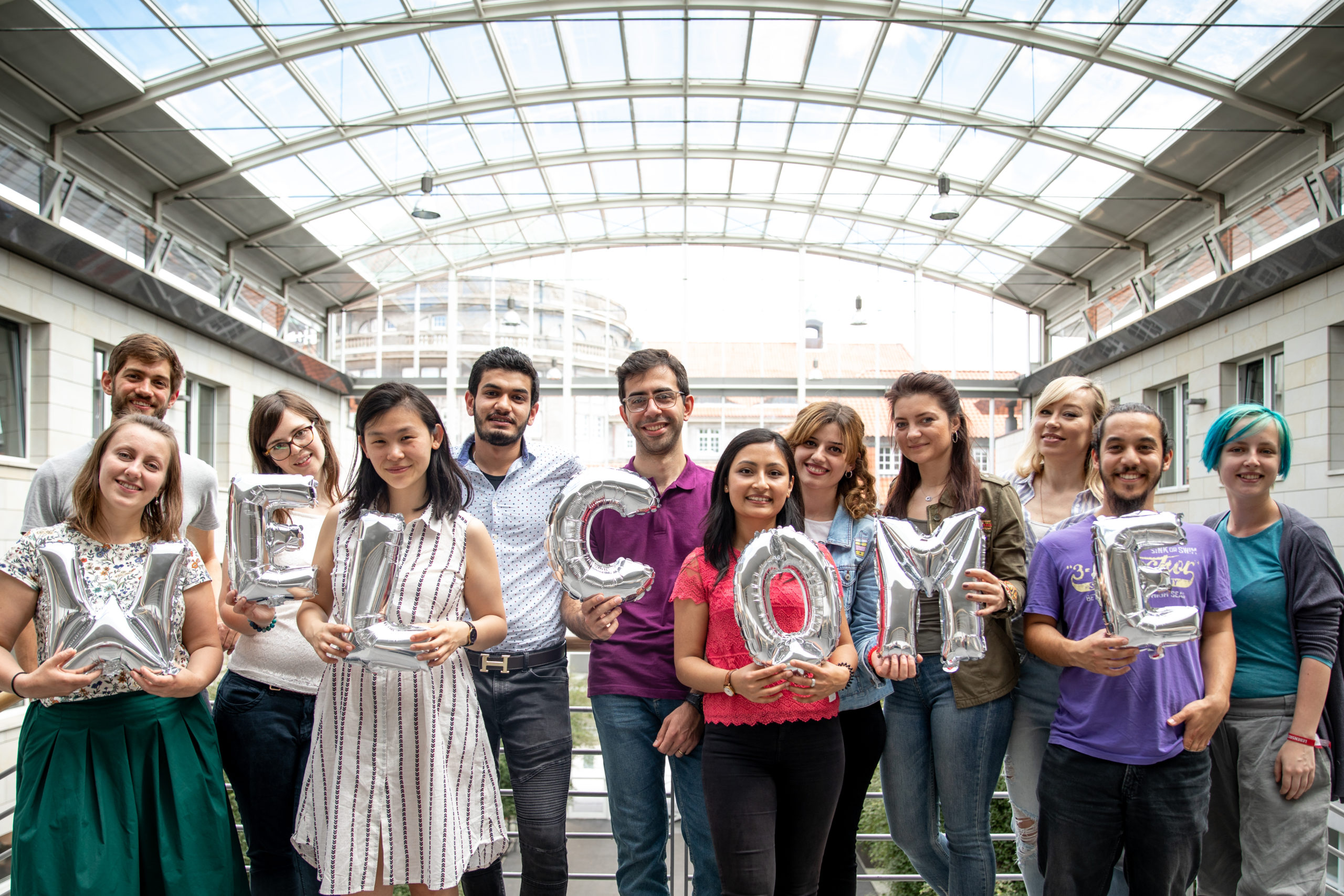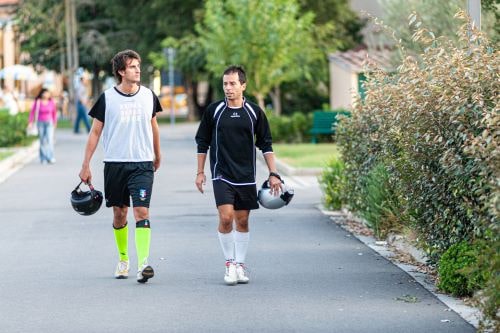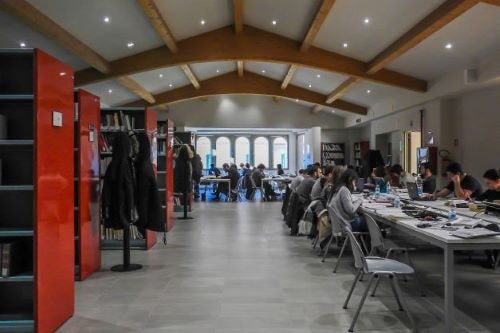Our project partner, the University of Pisa, proposed a paper involving the results obtained from the data analysis collected from the ENLIVEN survey.
We are glad that the paper „Increasing engagement and student participation in Higher Education: insights from the University of Pisa during COVID-19“ has been presented at HEAd’22 conference as a full paper. All papers went through a rigorous review process and each paper was reviewed by at least two program committee members. Out of 269 paper submissions, less than one third have been accepted as full papers.
The work was presented by Lukasz Szczygiel (UNIPI) on June 15, 2022, at the conference venue, the Faculty of Business Administration and Management of the Universitat Politècnica de València (UPV).
Paper abstract
The emergency distance learning methods adopted to face the pandemic are connected to some inherent problems which concern the lack of social aspects, interactions, and motivation. These and other frequent issues threaten to stop the opportunities offered by the widespread use of educational technology. This paper examines how the Higher Education Institutions adapted to the evolution of the pandemic, compared to relevant insights from University of Pisa gathered during the academic year 2020/21.
Focusing on the communicative and socio-emotional aspects of the didactic event, we propose engagement tools – real-time interaction applications designed to increase active learning and motivation – as a feasible solution that might tackle some of the emerged teaching-learning issues. In this context, it appears that the potential of these versatile and easy-to-apply tools has not been fully exploited. Specific teacher training actions are therefore suggested.
Szczygiel, Lukasz & Iannella, Alessandro & Simi, Maria. (2022). Increasing engagement and student participation in Higher Education: insights from the University of Pisa during COVID-19. 10.4995/HEAd22.2022.14612
Check out the full paper and other research from our project partners here.
About Head’22
The 8th International Conference on Higher Education Advances (HEAd’22) is a consolidated forum for researchers and practitioners to exchange ideas, experiences, opinions, and research results relating to the preparation of students, teaching/learning methodologies, and the organization of educational systems.
